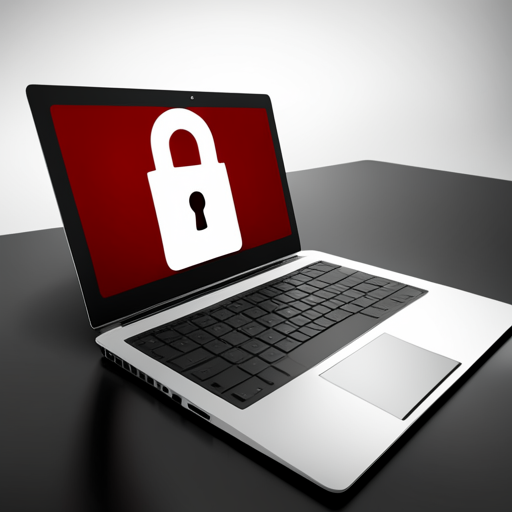In our increasingly digital world, data breaches and cyberattacks have become all too common. The latest victim is the Credit Union 2023 ransomware hack. This shocking security breach has exposed millions of customers’ personal and financial information to malicious actors, raising concerns about the implications for individuals and the broader economic landscape.

Ransomware is malicious software designed to block access to a computer system, usually by encrypting the files. The victim receives a message that the only way to restore the files is with a unique key. You’ll have to pay the ransom to get the digital key, and the ransomware distributor provides instructions on how to pay. Go HERE for more on Ransomware.
What Happened?
Approximately 60 credit unions have fallen victim to a ransomware attack orchestrated by a third-party service provider, leaving them without access to their IT systems. The service provider in question is Ongoing Operations, which specializes in providing remote virtual desktops, disaster recovery solutions, and hosted applications. This unfortunate occurrence follows the infiltration of the cloud provider via the Citrix Bleed vulnerability. They issued a fix for the Citrix Bleed in October 2023. However, the vendor did not apply the update, leaving their system open to attack. It underscores the importance of keeping your software up to date.
The impact of this outbreak, which began on November 26, 2023, is widespread, and clients are still feeling the effects. It’s ironic that a company whose name suggests they provide continuity services is at the epicenter of massive disruption for their clients.
How Does Ransomware Work?
Ransomware poses a serious threat to individuals and organizations alike and is often spread through insidious phishing emails and drive-by downloading. Crypto ransomware, which encrypts files, has also been known to spread through social media channels.
While these traditional methods of infection have caused plenty of damage, cyber-criminals are also getting more creative. Vulnerable web servers have started being exploited as an entry point, allowing hackers to gain access to entire networks. This is the method hackers used in this credit union instance.
As ransomware becomes more advanced, it’s important to stay vigilant and take preventative measures to protect yourself and your data.
How It Impacts You.
If you were a member of the credit union at the time of the hack, your personal and financial information may have been compromised. This could include your name, address, social security number, credit cards, and bank account information. Hackers can use this kind of information to commit identity theft, open new accounts in your name, or withdraw money from your accounts. You may also be at risk of receiving phishing emails or other fraudulent communication from individuals who have gained access to your information.

The other aspect of this ransomware attack is the effective shutdowns of the server systems that these credit unions use. It has been said that debit card purchases and cash withdrawals at ATMs are still working. They will be moving their entire system onto a new server to restore the systems that are affected.
Can This Happen to Me?
Yes, it can happen to anyone who uses online banking or other services that require your personal information. It can also happen on your very own personal computer, phone, or other similar devices.
Cybersecurity threats are becoming more and more sophisticated, and hackers are finding new ways to gain access to sensitive information every day. It’s important to remember that no system is entirely secure, and you should take steps to protect yourself from cyber-attacks.
What Can I Do to Protect Myself?
Luckily, there are steps you can take to protect yourself against ransomware. These include methods to completely avoid them, and methods to restore your data in the event you fall victim.
To protect yourself from cyber-attacks, there are several steps you can take:
- Use strong, unique passwords for each of your accounts, and change them regularly.
- Enable two-factor authentication, which adds an extra layer of security to your accounts.
- Be cautious when opening emails or clicking on links from unknown sources.
- Keep your computer and mobile devices up-to-date with the latest security patches and software updates.
- Use antivirus and anti-malware software to protect your devices from viruses and other threats.
- Regularly back up important data on cloud storage or physical storage devices.
The credit union ransomware hack of 2023 was a stark reminder that no financial institution is immune to cyber-attacks. It also underscores the importance of taking proactive steps to protect ourselves from these threats. By using strong passwords, enabling two-factor authentication, being cautious when opening emails, keeping our devices up-to-date with the latest security patches, and using antivirus and anti-malware software, we can all play a role in preventing cyber-attacks and protecting ourselves from financial fraud and identity theft.
Contact TecAdvocates today for questions and concerns about your IT security.
Leave a Reply